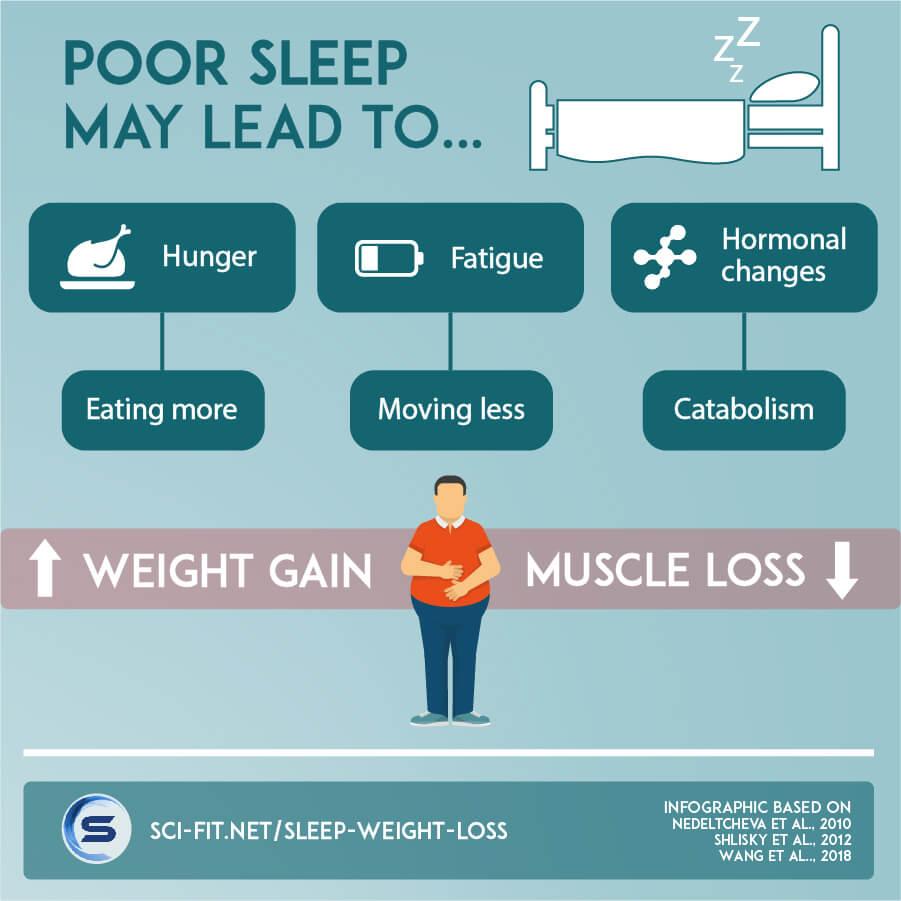In the bustling modern world, where diet fads come and go like the seasons and gym routines often feel like an uphill battle, there lies a simple, often overlooked ally in the quest for weight loss: sleep. Imagine a nightly ritual that requires no supplements, no calorie counting, and no grueling workouts—just the gentle embrace of slumber. As we delve into the mysterious world of sleep, we explore its potential to shape our waistlines and redefine our understanding of weight management. Could the key to shedding those stubborn pounds be as effortless as closing our eyes and drifting into dreamland? This article investigates whether sleep alone can truly impact weight loss results, unraveling the science behind the snooze and its surprising connection to our body’s battle with the bulge.
The Science Behind Sleep and Metabolism
When it comes to the intricate relationship between sleep and metabolism, scientific research reveals a fascinating interplay that goes beyond mere rest. Sleep is not just a passive state of inactivity; it is a dynamic process that influences metabolic pathways. During deep sleep stages, the body undergoes critical hormonal regulation, impacting hormones like leptin and ghrelin, which control hunger and satiety signals. A lack of adequate sleep can disrupt these hormones, leading to increased appetite and a preference for high-calorie foods, potentially hindering weight loss efforts.
- Energy Expenditure: Quality sleep enhances basal metabolic rate, the energy burned while at rest.
- Insulin Sensitivity: Proper sleep helps maintain insulin sensitivity, reducing the risk of weight gain and diabetes.
- Stress Hormones: Adequate rest decreases cortisol levels, a stress hormone linked to fat storage, particularly around the abdomen.
In essence, while sleep alone isn’t a magic bullet for weight loss, its profound impact on metabolic functions makes it an indispensable part of any effective weight management strategy. Prioritizing restful sleep can therefore amplify the benefits of diet and exercise, supporting overall health and well-being.

Understanding the Role of Hormones in Weight Management
In the intricate dance of weight management, hormones play a pivotal role. These biochemical messengers regulate a variety of bodily functions, including metabolism, appetite, and fat storage. A key player in this hormonal orchestra is leptin, which signals the brain to regulate food intake and energy expenditure. When sleep is compromised, leptin levels may drop, leading to increased hunger and cravings. Meanwhile, ghrelin, known as the “hunger hormone,” tends to rise with sleep deprivation, further driving the desire to eat.
Beyond leptin and ghrelin, sleep impacts other hormones crucial to weight management:
- Cortisol: Often referred to as the “stress hormone,” cortisol can increase with lack of sleep, promoting fat storage, especially around the abdomen.
- Insulin: Insufficient sleep can impair insulin sensitivity, making it harder for the body to process glucose and potentially leading to weight gain.
- Growth Hormone: Vital for muscle growth and fat breakdown, its production peaks during deep sleep. Reduced sleep can lead to diminished secretion of this hormone.
Understanding the interplay of these hormones highlights the importance of quality sleep in achieving weight loss goals. While sleep alone isn’t a magic bullet for shedding pounds, its role in hormonal balance is undeniable.

How Quality Sleep Influences Appetite and Cravings
Quality sleep plays a pivotal role in regulating hormones that control hunger and satiety. When we don’t get enough rest, our bodies produce higher levels of ghrelin, the hormone that signals hunger, and lower levels of leptin, the hormone responsible for feeling full. This imbalance can lead to increased appetite and cravings for high-calorie, sugary foods.
- Increased Ghrelin: Leads to heightened hunger signals, making it difficult to resist snacks.
- Decreased Leptin: Results in reduced feelings of fullness, prompting overeating.
- Elevated Cortisol Levels: Stress hormone that spikes with sleep deprivation, further increasing appetite.
Moreover, sleep deprivation affects the brain’s reward centers, making junk food more appealing. This can create a vicious cycle where poor sleep leads to poor dietary choices, which in turn can disrupt sleep patterns further. Thus, achieving a good night’s sleep could be a secret weapon in managing cravings and supporting weight loss efforts.
Practical Tips for Improving Sleep to Support Weight Loss
Enhancing your sleep quality can be a powerful ally in your weight loss journey. Here are some actionable tips to help you optimize your sleep routine:
- Establish a consistent sleep schedule: Going to bed and waking up at the same time every day helps regulate your body’s internal clock, making it easier to fall asleep and wake up naturally.
- Create a restful environment: Ensure your bedroom is cool, quiet, and dark. Consider using blackout curtains, earplugs, or a white noise machine to minimize disturbances.
- Limit screen time before bed: The blue light emitted by phones, tablets, and computers can interfere with your body’s production of melatonin, a hormone crucial for sleep. Try to disconnect at least an hour before bedtime.
- Mind your diet and exercise: Avoid heavy meals, caffeine, and alcohol close to bedtime. Regular physical activity can also promote better sleep, but aim to finish exercising at least a few hours before hitting the sack.
By incorporating these practices into your daily routine, you not only enhance your sleep quality but also create a supportive environment for your weight loss efforts.

